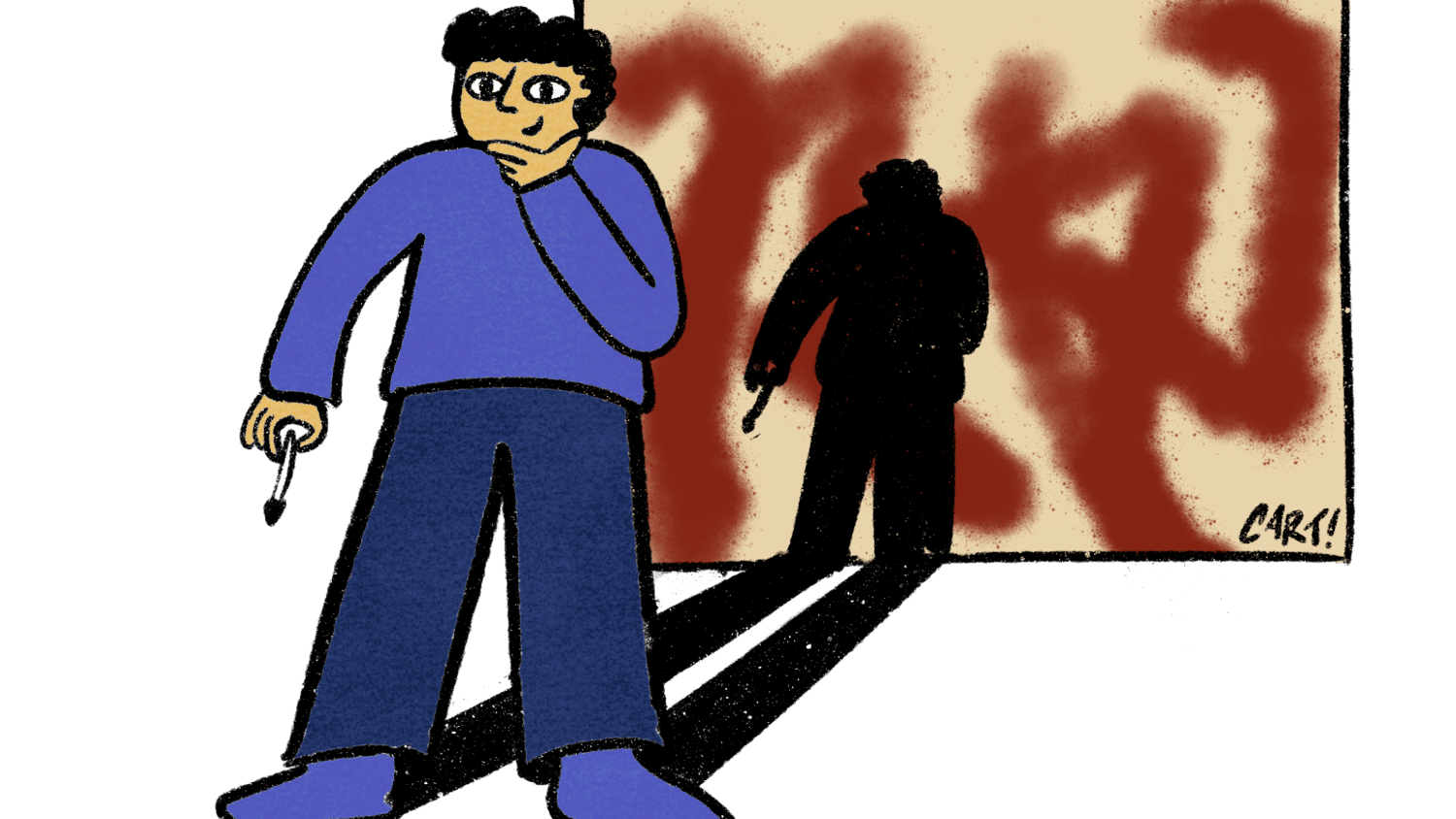What conclusions are there to draw about a movement that has been equally lauded and scorned? How do we feel about a movement that allegedly both loves the American system and wants to bring down Western capitalism? Do we support a movement that has been called both synthetic and grassroots?
How do we judge the Occupy Wall Street movement when there are so many different directions in which it can go, and in which it is currently going?
What we can say is that we're pleased with the extent to which Americans have been allowed to voice their beliefs. The Occupy movement has lasted weeks and shows no signs of stopping. Even better is that, for the most part, the American protests haven't been violent.
A common theme of the protests across the globe and in the United States is class warfare. The protesters feel restricted or oppressed by the wills of big business and the wealthiest 1 percent.
This is something to be concerned with. The freedom to acquire wealth is a, if not the, pivotal concept of our nation. To punish the wealthy in the name of the nonwealthy would be a disaster and contrary to the spirit of our Founders and the system they designed.
Some feel the protesters stand not for a redistribution of wealth, but a redistribution of opportunity. The idea is that the wealthy enjoy the best schools, the best jobs and the greatest opportunity for even greater upward mobility, while those who find themselves lower on the totem pole are mostly stuck where they are. Essentially, wealth begets wealth, and the protesters want to change the isolation of that wealth.
The protesters believe that corporations and the private interests have too much influence on government. They want a taller and stronger wall between government and lobbyists. Some have called it odd that the protesters choose to attack corporations for this corruption instead of the politicians who allow themselves to become corrupted.
This had led some to question why the focus is on Wall Street and not on D.C., where the action is taking place.
Within the OWS movement is the "I am the 99 percent" concept. The signs are becoming quite common. The idea is that a person takes a picture of a handwritten story they've written detailing their economic or health woes to post online.
Some of their concerns are education debt, medical debt and mortgages. They argue the system is organized poorly and has created a generation of people with enormous debt and no opportunity for a job with which to pay it off.
They blame Wall Street and the top wealthiest percentage of the wealthy in the U.S. for creating an unfavorable environment in which they now find themselselves.
We feel that a high unemployment rate isn't a strong enough reason to warrant more government regulation of Wall Street. It also stands to reason that the entity responsible for forcing sub-prime mortgages on banks shouldn't be given greater control of our economy.
The biggest cause for concern is the unclear purpose of these protests. An inconcise mission leaves room for a hijacking of the movement. Or they could adopt too many causes and leave everyone involved frustrated by inaction.
The days and weeks to come will be telling for the Occupy movement, America and the world.
We are teetering on the edge of an even-greater global economic disaster. The euro is close to falling to pieces, and the American dollar is about as weak as it's ever been.
The question now is, should economic disaster strike, how will Occupy Wall Street react?
Do you like this story? The Plainsman doesn't accept money from tuition or student fees, and we don't charge a subscription fee. But you can donate to support The Plainsman.




